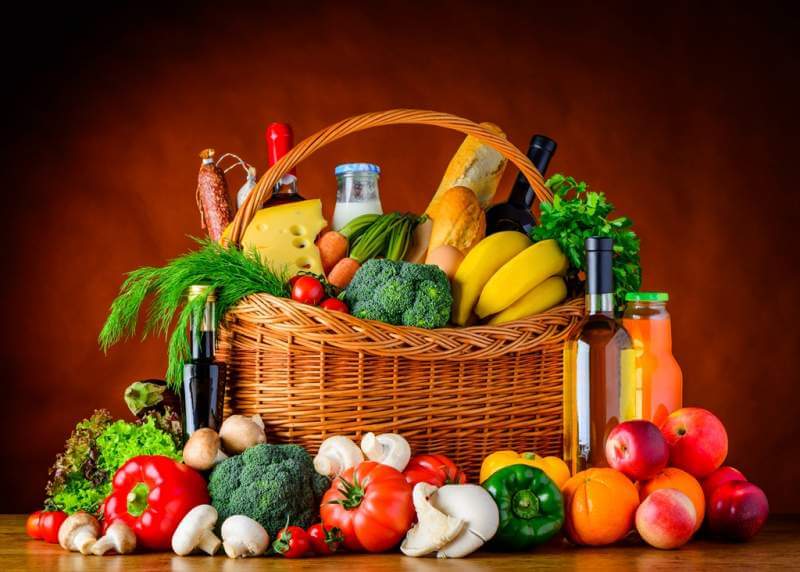Organic food has become increasingly popular over the years as more people have become conscious of their health and the environment. Unlike conventional food, which is grown using synthetic fertilizers, pesticides, and other chemicals, organic food is grown without the use of any synthetic chemicals. This means that the food is not only healthier for you, but it's also better for the environment. In this article, we'll explore the benefits of organic food and why you should consider making the switch https://www.healthandpersonalcare-products.com/.
What is Organic Food?
Organic food is produced using methods that comply with organic farming standards. These standards vary from country to country, but generally, they involve the use of natural fertilizers, crop rotation, and the avoidance of synthetic pesticides and genetically modified organisms (GMOs). Organic farming is designed to minimize the environmental impact of agriculture, promote biodiversity, and protect natural resources.
Health Benefits of Organic Food
One of the main reasons people choose organic food is that it's healthier. Studies have shown that organic food has higher levels of vitamins, minerals, and other nutrients than conventionally grown food. Additionally, organic food is free from synthetic pesticides, which have been linked to a range of health problems including cancer, neurological disorders, and reproductive issues.
Organic food is also free from antibiotics and hormones, which are commonly used in conventionally raised livestock. Antibiotic resistance is becoming an increasingly significant problem, and the overuse of antibiotics in livestock is contributing to this issue. By choosing organic meat and dairy products, you can help reduce the demand for antibiotics and support more sustainable farming practices.
Environmental Benefits of Organic Food
The environmental benefits of organic food are numerous. Organic farming practices promote soil health, reduce pollution, and protect biodiversity. By avoiding synthetic fertilizers and pesticides, organic farmers help to minimize water pollution and preserve soil quality https://findoutcbd.com/. Additionally, organic farming practices help to reduce greenhouse gas emissions and support more sustainable agriculture.
Another environmental benefit of organic food is that it promotes biodiversity. Organic farmers use crop rotation, companion planting, and other techniques to create a diverse ecosystem. This helps to promote the health of the soil and creates habitats for a range of beneficial insects and other animals.
Supporting Sustainable Agriculture
Choosing organic food is a way to support more sustainable agriculture. Organic farming practices help to reduce the environmental impact of agriculture and promote more sustainable land use. Additionally, by choosing organic food, you are supporting farmers who prioritize environmental stewardship and animal welfare.
Final Thoughts
Organic food offers a range of benefits for both your health and the environment. By choosing organic food, you can support more sustainable agriculture, reduce your exposure to harmful chemicals, and promote biodiversity. While organic food may be more expensive than conventionally grown food, the benefits are well worth the extra cost. Consider making the switch to organic food today and experience the benefits for yourself.






